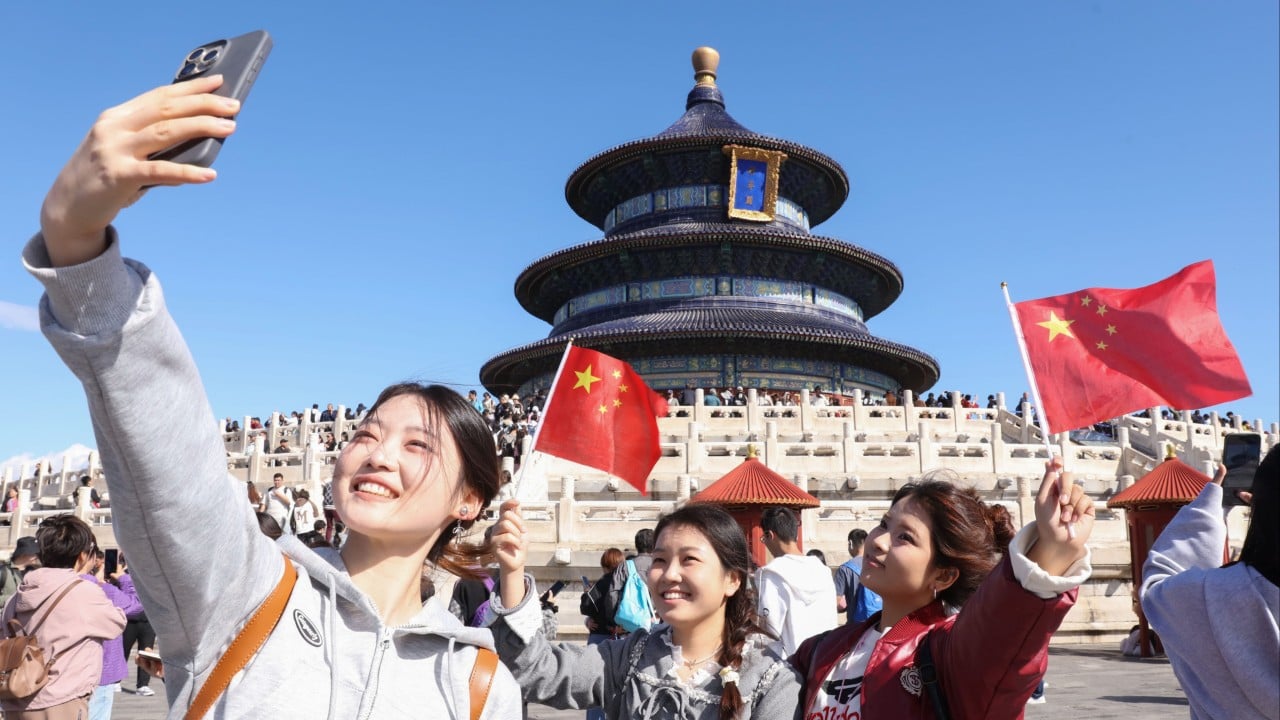From mooncakes to hairy crabs, before and after the recent financial stimulus, consumption in China has remained lacklustre. Hotel and flight prices during the National Day holiday are lower than they were last year. Box office performance appears strong but not spectacular.
Advertisement
Weak consumption has plagued China’s post-Covid economy amid lingering deflation concerns. Would inflating asset prices provide a way out?
The wealth effect of a rising stock market would affect a minority of the population as there are reportedly less than 50 million stock holders in China. Property prices remain depressed from the peak. The long-term outlook is unfavourable, except for some of the larger cities.
While Hongkongers have only one day of National Day holiday, the streets of Hong Kong were filled with mainland tourists last week. Long gone were the days when they flocked here to buy luxury goods. These days, tourists congregate outside places like the old Yau Ma Tei Police Station for photo opportunities.
The changing consumption pattern of mainland tourists in Hong Kong could be seen as a sign of maturing affluence. In the past, the clientele of high-end hotels in Hong Kong were often Western tourists and business travellers while mainland tourists would economise on accommodation even as they spent big on shopping. Now, many high-end hotels in Hong Kong, particularly those near Ocean Park and Disneyland, are packed with mainland families.
Advertisement
In many shopping malls across China, the primary attractions have shifted to restaurants and cinemas, with supermarkets also attracting shoppers. In an era where ubiquitous online shopping offers unparalleled selection and competitive pricing, the necessity of purchasing goods in traditional bricks-and-mortar stores has significantly diminished.

